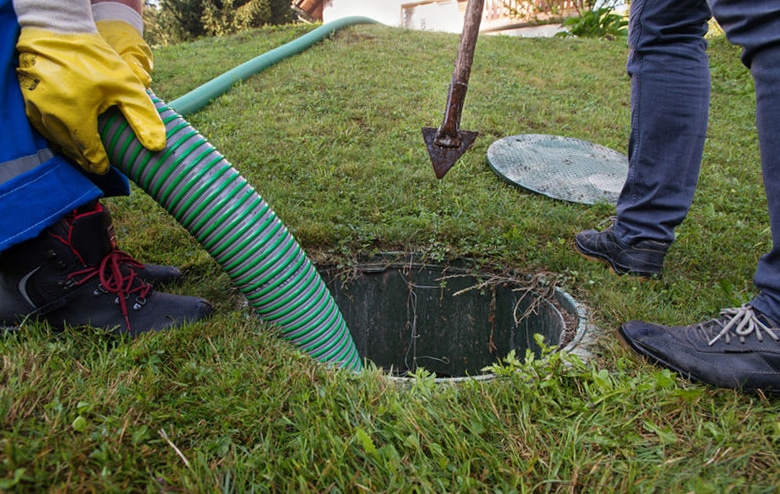
How Long Does A Septic System Last?
Homeowners are responsible for the maintenance of their septic systems. A poorly maintained septic system causes foul smells, groundwater contamination, a risk to water life, etc. Therefore, it is essential to look after your septic wastewater system to ensure its longevity. The best way to do this is to contact a plumbing repair contractor in Reno NV, for septic system maintenance. Experts will inspect the tank to suggest repairs and then pump the tank.
Properly designed and well-maintained systems last for 20 to 30 years.
Here Are Some Factors That Influence The Longevity Of A Septic Tank System:
1. Environmental Factors
Tree and plant roots infiltrate the drain field, which causes cracks and obstructions. Soil percolation rate and groundwater conditions can also determine the lifespan because they can affect the absorption around your drain field. Finally, the presence of dampness and water near the septic system can cause it to malfunction. Flooding or unusually damp soil can affect the longevity of a septic system lifespan, causing blockages.
2. Tank Material
The construction material has a role to play in influencing the lifespan of a septic tank system. For example, a concrete tank should survive at least 40 years. Steel tanks last for 20 to 30 years, whereas high-quality plastic tanks have a lifespan of 30 to 40 years. The goal is to invest in a high-quality tank system material with proper maintenance.
3. Safe-Use
How homeowners treat their septic systems makes a difference. Flushing non-waste items such as trash, scraps, and harmful chemicals take a toll on the functioning of a septic system. Regular cleaning septic tanks in Reno NV, and connecting lines can assist in preventing clogs and bursts, resulting in better performance over time. Household products also can directly impact the longevity and durability of your septic tank system.
4. Water Overloading
The number of family members and the capacity of a septic tank system share an important relationship. In other words, more family members mean your septic tank system will have to handle more wastewater. Sometimes, receiving wastewater at short intervals leads to overloading. Overloading a septic system prevents solids from settling properly and reduces required bacterial activity. As a result, solids block the drain field, reducing the tank’s efficiency.
The following are signs of a deteriorating septic system:
• Sinks, toilets, and drains are all clogged or draining slowly.
• Strange gurgling sounds coming from the pipes.
• Water pooling near the house, the septic tank, or the drain field.
• Foul smells.
• Growth of bright green grass around your septic tank.
Conclusion
Regular maintenance and inspection can help detect early problems of a septic tank. Invest in a high-quality septic system for long-lasting functioning. Furthermore, do not delay its inspection and maintenance for more than five years. Consult a certified professional to conduct your septic system inspection. Also, ensure that your septic installation company has adequate expertise and experience in plumbing repair in Reno NV.
